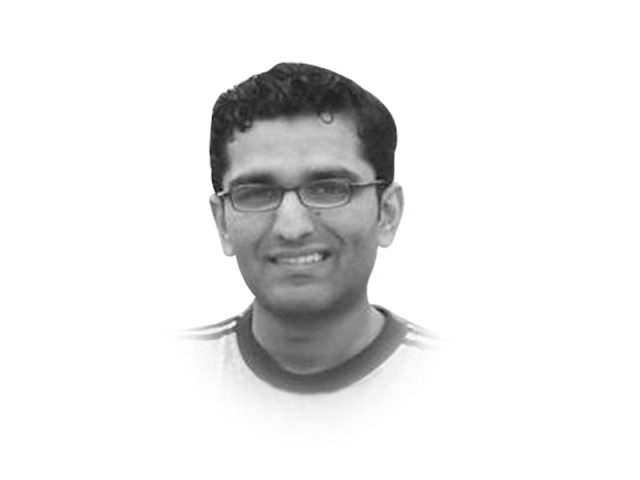Remembering East Pakistan — I
It is important to note that the democratic process through which Pakistan was created, was denied to East Pakistanis.

The roots of the civil war in 1971 are of course in the partition of 1947 and the establishment of Pakistan. Since Muhammad Ali Jinnah wanted a partition on the basis of religion alone, East and West Pakistan came into being, despite the thousand mile distance and different racial, cultural and political inheritances — the only common thread was the fact that both wings were a Muslim majority. In a way, the success or failure of this experiment was the practical test of the two-nation theory. From the beginning, however, there were clear tensions between the two wings. The first one was a clash over national language (to be clear, English was to remain the official language). The Bengalis, with thousands of years of culture behind them, obviously wanted their language recognised as coequal to Urdu, not least because they did not speak Urdu. Nevertheless, Jinnah categorically refused the Bengali demand in his speech at Dacca University in February 1948, igniting the flame of linguistic nationalism. It is, of course, an irony that Jinnah himself was never fluent in Urdu and spoke mostly in English to the Bengali crowd.
It is impossible to chart here the sad history of the unequal treatment of East Pakistan by the western wing, but it is important to note that the same democratic process through which Pakistan was created (the Muslim League had swept the Muslim seats in the 1946 elections in British India), was denied to the East Pakistanis repeatedly. Not only were national elections postponed due to fear of Bengali rule, the 1954 United Front victory in East Bengal was never accepted by the western wing, and the disregard of the 1970 elections led to the vivisection of the country.
The events of 1971 should have shaken us so much that a new polity based on equality, democracy and justice could have been established. However, while we were shocked by the debacle, we simply blamed it on India and the ‘treacherous’ Bengalis, and soon resumed our ways. Simply put, we learnt nothing from the 1971 experience, and therefore, we need to revisit and learn from it.
Out of the many lessons of the 1971 debacle, let me highlight just two issues here: First, we need to accept the fact that the East Bengalis did have a legitimate right to the acceptance of their culture within Pakistan. The Muslims of India spoke a wide variety of languages and were part of very different cultures, but a country which was formed as a ‘homeland for the Muslims’ had to recognise and celebrate such diversity within an overarching Muslim framework, rather than subsuming it within a north Indian, Urdu centric, cultural idiom. Our current reaction to Baloch, Sindhi and Pakhtun nationalism has much to learn from the Bengali experience.
Secondly, we need to accept and ask forgiveness for the atrocities of 1971 — categorically and without exception. From Operation Searchlight to the final surrender to the Indian and Bangla forces in December 1971, we, the Pakistanis, need to ask unequivocally for forgiveness for killing hundreds of thousands of our fellow citizens. The wounds of 1971 will never heal if we do not recognise and repent for the horrors the West Pakistani forces unleashed on their East Pakistani brethren and how it finally hit the nails in the coffin of the two-nation theory.
Published in The Express Tribune, August 2nd, 2011.















COMMENTS
Comments are moderated and generally will be posted if they are on-topic and not abusive.
For more information, please see our Comments FAQ